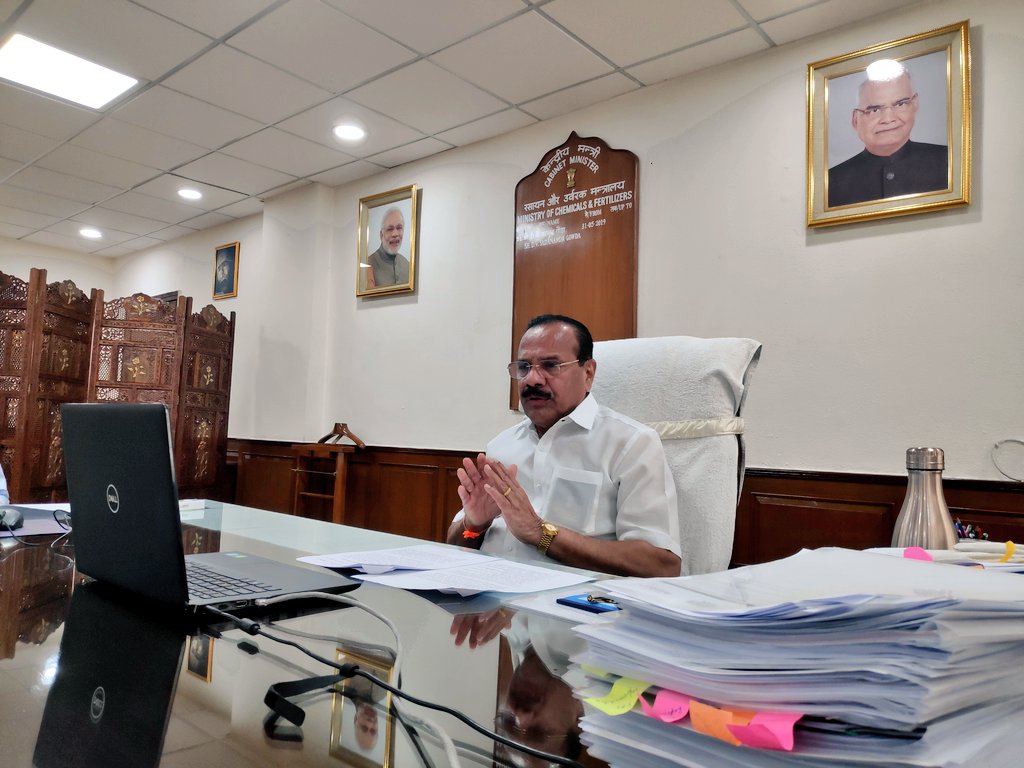Only a growing economy can build strong finance sector

In apparent irony when finance minister Nirmala Sitharaman was talking about creating commercial banks capable of servicing a five-trillion dollar economy, the quarterly GDP growth figures showed a further dip.
The principal reason for banking reforms could not be to service a multi-trillion dollar economy at some future date. It should be to foster a robust and stable financial system which could inspire the confidence of the savers and investors which are the basic foundations for any economy.
China did not get some of the world’s biggest banks, dwarfing even their US counterparts, by trying to set up big banks, but its big banks were the natural consequence of a burgeoning economy. The banks’ grew because the economy was growing.

The government here is aiming for the reverse process: seeking big banks before the economy has got big. Where will they get the business to go big? The irony was that the announcement about banking ambition coincided with announcement of further slackening pace. North Block could have at least waited for a day seeing the latest GDP numbers before announcing the mega bank merger plan.
Friday’s GDP print shows GDP has grown by only 5 per cent in the quarter ending June, which was the lowest level in five quarters, when Sitharaman announced merger of public sector banks to create larger entities. The idea of bank consolidation has been in the air for a long time from UPA One days when now-incarcerated finance minister, P Chidambaram had proposed to merge the PSBs to create just about five large banks in the country.
The announcement of merger of PSU banks has come at the most inconvenient time. When the economy is sliding and activity levels are slowing, sector by sector, merger of banks at this point of time could not have been more inopportune.
The mergers would unavoidably disrupt their functioning and instead of smoothening the flow of credit, it might just well freeze credit flows for the time being. Although the minister has promised no disruption, these things do not exactly follow dictates of ministers. Such consolidation will have so many uncertainties.
The minister announced several mergers of PSBs including all the major ones, which will bring down their numbers from 27 previously to just 12 after the mergers. The fear that credit flows might get stalled is justified because process of mergers is always tricky and fitting separate and disparate units into a single monolithic structure having same work culture and processes can take long time.
Under the government’s plans, Punjab National Bank will take over Oriental Bank of Commerce and United Bank of India to form the second largest bank, after State Bank of India. The consolidated bank will have a deposit base of about Rs18 lakh crore. PNB had enough problems on its hands and needs rehabilitation than taking on others.
The minister justified bank mergers on the basis of similarity of technology platforms, and other parameters. However, the fact of the matter is that the entire process is being driven by the government. In a market economy and when we are professing to become less controlled by government, the merger and consolidation exercise should have best been left to the banks and their so-called independent boards.
Like any other commercial entities they could have evaluated the process of consolidation and that would have discovered true valuation of the banks as well. Maybe, competitive bidding among banking entities for taking over select banks could have maximised the value of bank shares. The process could have been opened even to some of the large international banks, who could then have brought in far better inputs into restructuring of Indian banks.
The minister promised that the government was taking concomitant steps to improve the way the banks functioned. The boards will have full autonomy and there will technical people who should conduct risk evaluation. Their salaries would be delinked from the general salary structure of the banks as well. Good words, which have been done in bits and pieces all the time.
The minister promised that the merger and consolidation would not result in staff rationalisation and retrenchment. Rather, the staff would be fitted into the best possible grades and salary structure among the merging entities. What costs savings would then be achieved. Of course, such rationalisation in the current context would have been impossible to carry out.
The bane of our public sector banks has been the interference of the government and political remote control. Politicians were routinely put on bank boards as part of a system of patronage and their words counted more than those of professional managers. Chairmen and managing directors of largest banks had to come to the capital at the behest of joint secretaries in the banking division and wait outside their chambers for hours on end. Asking for favours from the banks were the norm. With mega banks, their mega chairmen would have to now kowtow.
The minister of course promises a different future. She promised that there would be “no phone banking” as during the Congress regime when politicians called up chairmen and directed loans to the select ones. The banks and their appropriate risk analysts would now be able to call the shots. Anyway, the financial sector is too sensitive an animal. It is the fulcrum of an economy and confidence in the financial system is the underlying bedrock. Hope the government undertakes financial sector reforms with due caution and forethought. Reforms should not result in disruption and mayhem.





